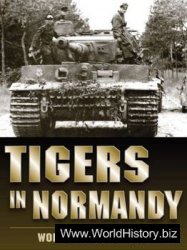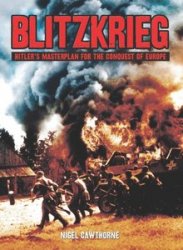
I had not intended to write a revisionist history of the Archaic Greek world and I hope that I have not, since that would imply that what I offer here is intended as a definitive reconstruction of early Greek history. Rather, my intention was always to introduce the reader to some of the excitement (and frustration) that accompanies the practice of history. If readers are interested simply in “what actually happened” in this formative period of Greek history, there is no shortage of good, narrative accounts to which they can turn. If, on the other hand, they are interested in venturing into the historian’s laboratory, in familiarizing themselves with the evidential materials and tools of the trade and in learning to interpret those materials in ways that are meaningful in the present, then I hope that they will find this book of some value. In engaging directly with the source materials rather than obediently following the authority of a secondary work of reference, it is inevitable that some hallowed orthodoxies are going to be challenged. On the other hand, if this book equips the reader with the critical skills to challenge even the reconstructions offered here, it will have served its purpose.
For my interest in Archaic Greece and in issues of historical method, I owe a particular debt to three people: to Nicholas Purcell, who was my tutor in Ancient History at Oxford and who eloquently dispelled my delusion that history was just “one damn thing after another”; to George Forrest, whose paper on early leagues and amphictionies (posthumously published in Brock and Hodkinson 2000, 280-92) inspired my doctoral research and who was first responsible for my initiation into American academia; and to Anthony Snodgrass, who was my PhD supervisor at Cambridge and whose success in pioneering a new synthesis between ancient history and archaeology will continue to influence generations of classicists to come. I am especially grateful for the comments that have been offered by, among others, Greg Anderson, Paul Cartledge, Sara Forsdyke, John Hyland, Irad Malkin, Glenn Most, and the two anonymous readers for Blackwell, as well as by audiences at the University of Michigan at Ann Arbor, Stanford University, Harvard University, the University of California at Berkeley and, of course, the University of Chicago. For Blackwell, Al Bertrand’s persistent faith in the project has provided welcome reassurance, as has the efficient and friendly professionalism of Angela Cohen and Louise Spencely. As always, my wife, Ilaria, has offered invaluable encouragement and support. This book is dedicated to my son, Gregorio - not in the expectation or hope that he too, like his father or maternal grandfather, will become a historian but rather as an insufficient recompense for all the days that were spent in the study rather than the park.
Note on spelling: Proper names that appear in the third edition of the Oxford Classical Dictionary (Oxford and New York, 1996) are given in the Latinized forms to be found there. All other proper names are transliterated in their Greek, rather than Latin, forms.




 World History
World History









